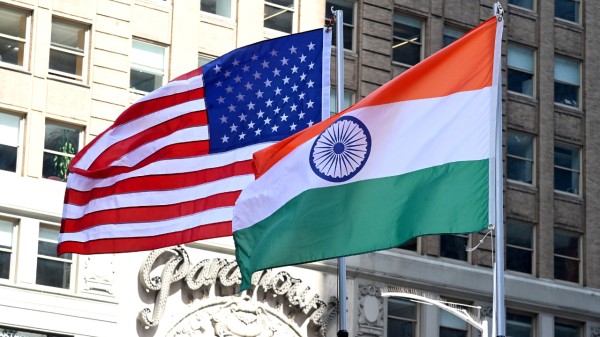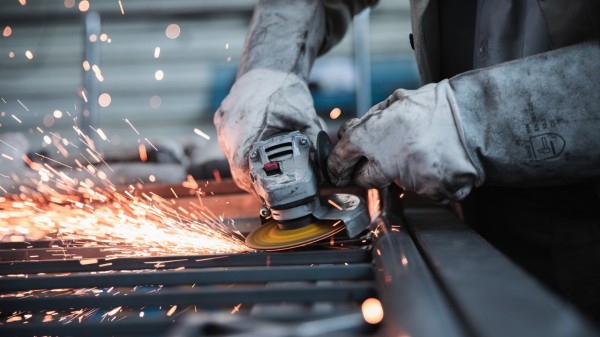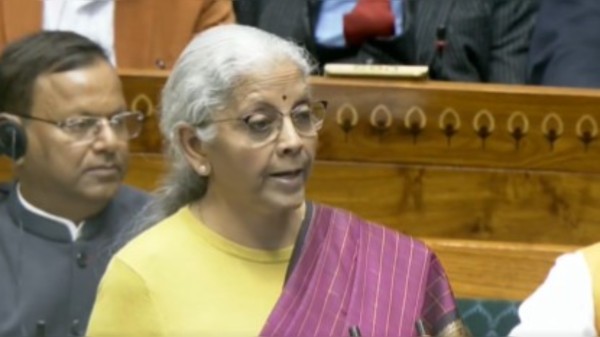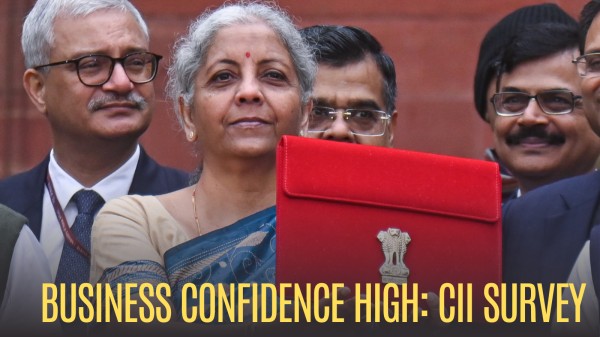

By signing in or creating an account, you agree with Associated Broadcasting Company's Terms & Conditions and Privacy Policy.


By signing in or creating an account, you agree with Associated Broadcasting Company's Terms & Conditions and Privacy Policy.
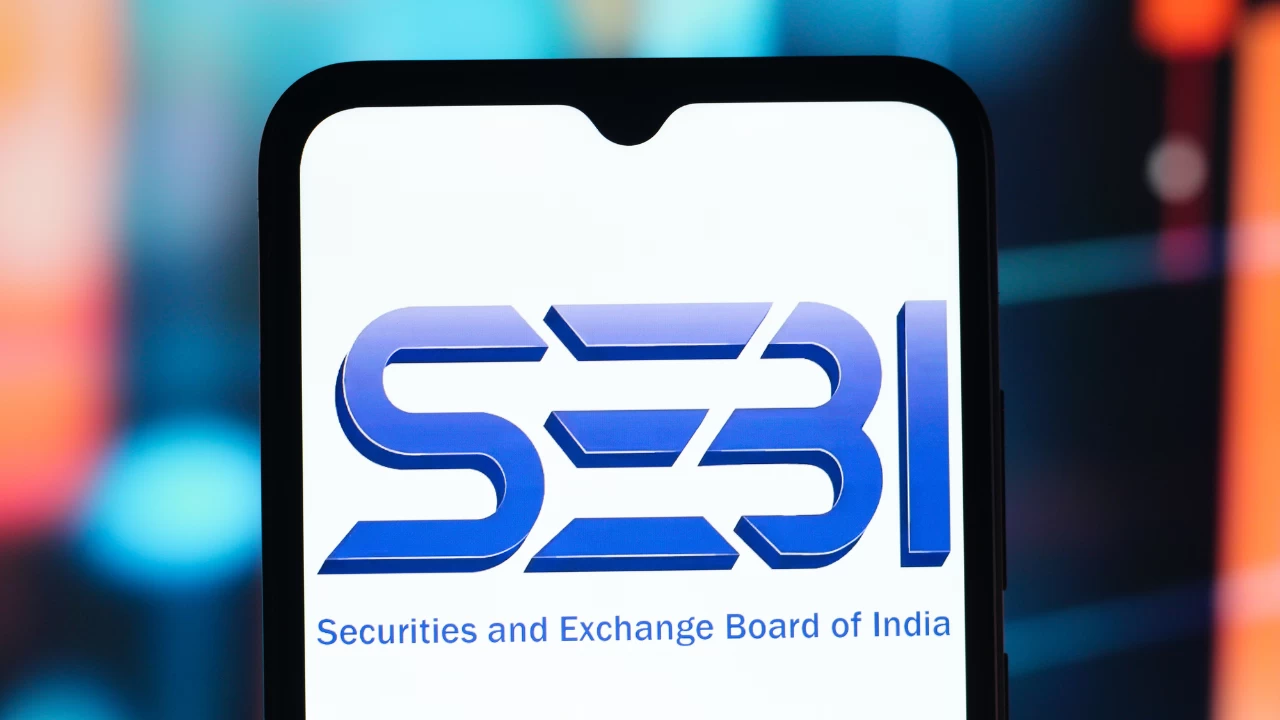
New Delhi: Market regulator SEBI has proposed changes in the rules related to Basic Services Demat Account (BSDA) to make investment easier for small investors. SEBI says that ZCZP bonds i.e. Zero Coupon Zero Principal bonds should not be included in deciding the eligibility of BSDA.
BSDA is a simple type of demat account, in which small investors have to pay low fees. SEBI first started this facility in 2012 to reduce the burden of demat charges on investors with small portfolios.
SEBI said that ZCZP bonds do not work like normal investments. They cannot be transferred, traded, nor are there any returns. That means the investor neither gets back the money nor any profit from them. Therefore, SEBI says that the real economic value of these bonds is not like an investment, but like a kind of social contribution or donation.
The eligibility of BSDA is decided on the total reasonable value of the investor's portfolio. If ZCZP bonds are also added to the portfolio value, the investor's holdings appear to be artificially increased and he is no longer eligible to avail the benefits of BSDA, whereas in real terms ZCZP bonds do not benefit the investor financially. For this reason, SEBI has proposed that ZCZP bonds should not be included in the portfolio value.
SEBI’s suggestions
SEBI has also suggested that delisted securities i.e. shares which have been removed from the market should be treated as suspended securities i.e. temporarily stalled shares. Both do not trade, there is no liquidity, liquidity, nor do they get accurate information about their prices. Therefore, these too should not be included in determining the value of BSDA, so that complete justice can be done to the investors.
At the same time, regarding illiquid securities i.e. stocks where there is very little trading, SEBI said that they are still listed and can be traded in special ways. Therefore, their last closing price should be used while deciding their BSDA price.
To facilitate depository participants (DPs) i.e. institutions that handle demat accounts, SEBI suggested that they check the BSDA eligibility of existing investors system-driven once every three months. This will ensure uniform adherence to the rules in all DPs and make the process easier for investors.
In addition, SEBI has also proposed that investors (BO) can give their consent not only through registered emails, but also through other secure digital methods. This will simplify the investment process. SEBI has sought suggestions and feedback from the public on all these proposals by December 15.
Basic Services Demat Account (BSDA) is an easy and low-cost demat account designed for small investors. In this, investors can hold up to a maximum of Rs 10 lakh. The annual maintenance charges in BSDA are very low. Holdings of up to Rs 4 lakh are charged and there is a maximum charge of Rs 100 for holdings ranging from Rs 4 lakh to Rs 10 lakh. There are certain rules for this account, such as the investor must have only one BSDA account in his name and he must be the first or sole holder.
(Disclaimer: This article is only meant to provide information. TV9 does not recommend buying or selling shares or subscriptions of any IPO, Mutual Funds, gold, silver and crypto assets.)
